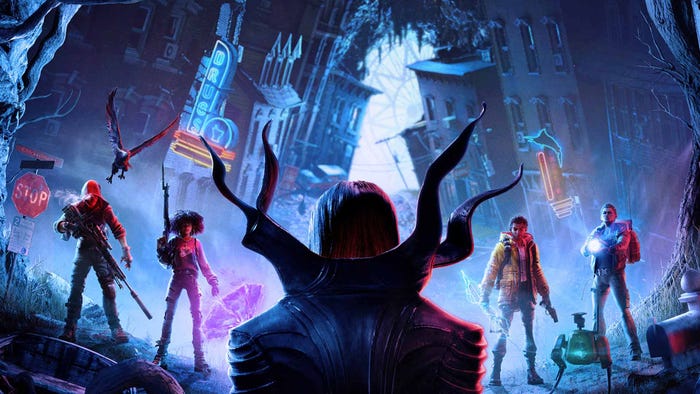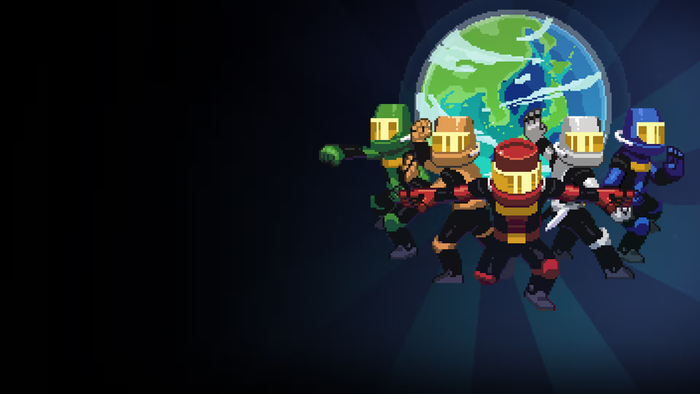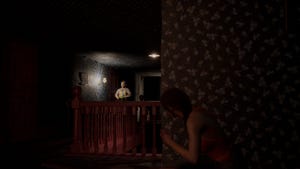
Featured Blog | This community-written post highlights the best of what the game industry has to offer. Read more like it on the Game Developer Blogs.
Hiring a gamedev artist? Here are some things to keep in mind
Game lawyer Zachary Strebeck interviews game artists Art Vogt and Lux for some opinions on how game developers should deal with paying their artists.


A few months ago, I read a blog post by Michael Iachini of Clay Crucible Games (who I interviewed here about his company). The post was a call to other developers to pay their artists.
No matter how much many developers like to think that the design and gameplay of a game is all that matters, we all know that the looks of the game DO matter.
Getting great art for a game is an important part of attracting Kickstarter backers and buyers, as it is the first thing that most people see, long before they experience the actual gameplay. As Michael says, “If you’re going to run a successful Kickstarter campaign, it’s going to have to look good.”
In the spirit of Michael’s post, I decided to reach out to a few freelance game artists that I know and get their opinions on a few issues regarding payment for their work. So, let me introduce Art Vogt and Lux, two wonderful artists that have been very generous with their time in answering my questions.
Let’s see what they said about these issues, shall we?
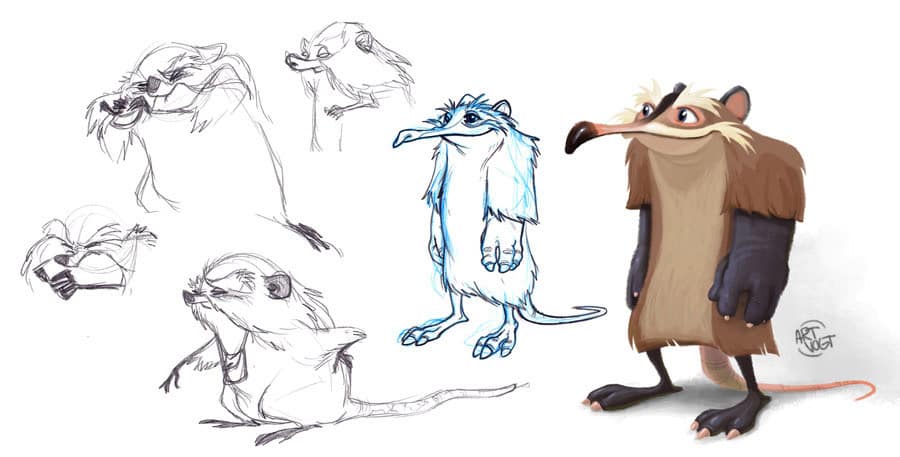
Getting paid:
When I asked the artists about how they generally prefer to get paid, they had similar answers. Lux says that she prefers to get about half of the fee up front, with the remainder due upon delivery, for smaller jobs. In longer-term situations, some money up front is required along with payment charged hourly every few weeks.
Art says that he doesn’t usually ask for payment up front on small jobs, but larger jobs will usually demand some portion of the fee beforehand. He says that, for clients he has worked with in the past, he will often start working even while waiting on that initial payment. Trust, it seems, plays a big hand in the relationship between artist and client.
What about sharing revenue after the game makes money? Isn’t that an appropriate form of payment?

While both have done this type of deal, they caution artists to be realistic about expectations and be prepared to get nothing in the end. Art says, “Don’t EVER count on money from these kinds of deals. I ALWAYS assume I won’t ever get paid from jobs like these.”
Why do them, then? “I usually only do this for smaller projects. The larger the project, the more time you have to commit and the more you risk losing out on your time you spent working. It’s nice to do this stuff if you have a day job already.”
Lux believes that, though many younger artists do this kind of work for the experience, “this creates a general air of disrespect for professional artists’ work and time.” This is a similar sentiment to what Michael Iachini said in his post on the subject.
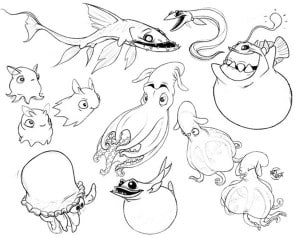
She adds that it has led to some developers believing that she is overcharging for her services, as “amateur” artists will often set the expectation much lower. Art thinks that there’s no offense if he understands the developer’s situation, but will generally only work for free or a low fee when it is someone that he respects and knows they just don’t have the money. He cautions developers and artists alike who get into this kind of deal to get it in writing (I concur, of course).
When a revenue share is offered as the only compensation, that is often enough for Lux to turn down the offer. “While I understand that many small-time developers just can’t afford to pay an artist, I don’t think you should seek one out unless you’re prepared to offer them a fair wage,” she says. I agree.
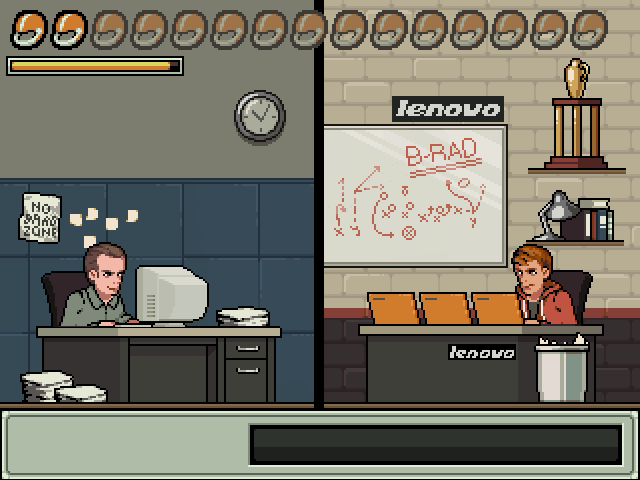
What about intellectual property ownership? Do artists need to retain copyright to their work?

In her answers to me, Lux indicated that she generally has no problem with the client owning the copyright. This is, of course, provided that they pay her for the work. Art has a similar idea regarding work based on clients’ ideas, “I don’t see it as MY work, it’s theirs, they paid for it.”
However, if the work is based on his own ideas, Art is less willing to sign those rights away. He advises other artists to get a lawyer to draft a proper contract that covers their bases and gets them the compensation they deserve. “You can’t afford to be on the bad side of a deal for work that you spent tons of time developing,” he warns.
For my part, I often add a clause to artist contracts granting them a license to use the work for self-promotional purposes. This allows the artist to use the work in their portfolio, while the ownership of the work lies with the developer that paid them for it.
For assistance with the contracts side of game development, why not contact a game lawyer? Also, check out my free eBook on game development legal issues for more info on the problems developers might face, from a legal perspective.
photo credit: geishaboy500 via photopin cc
Read more about:
Featured BlogsAbout the Author(s)
You May Also Like


